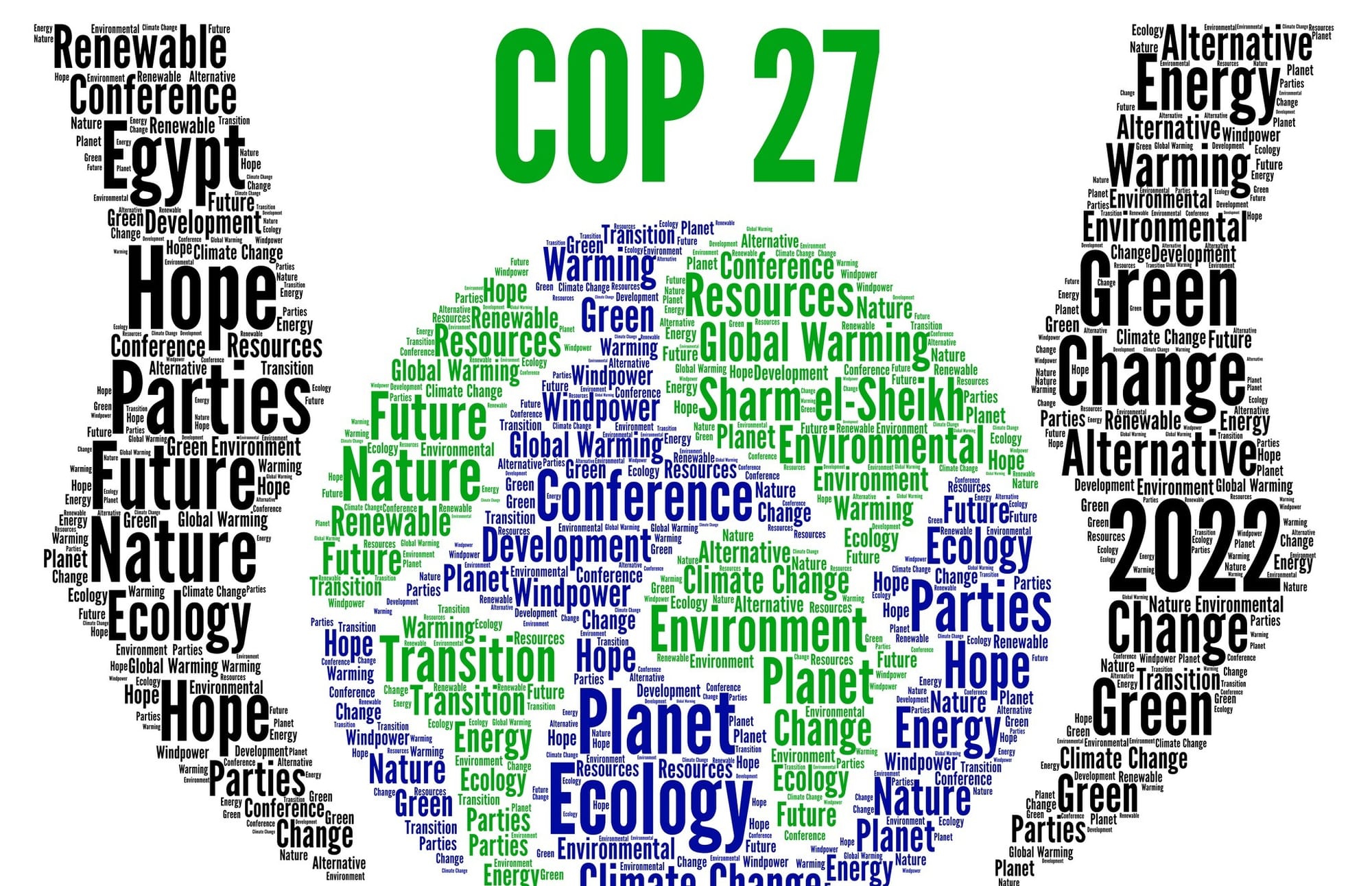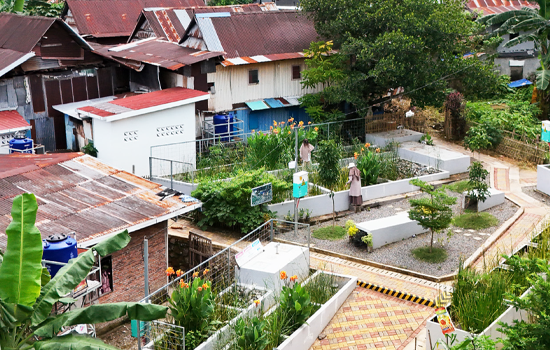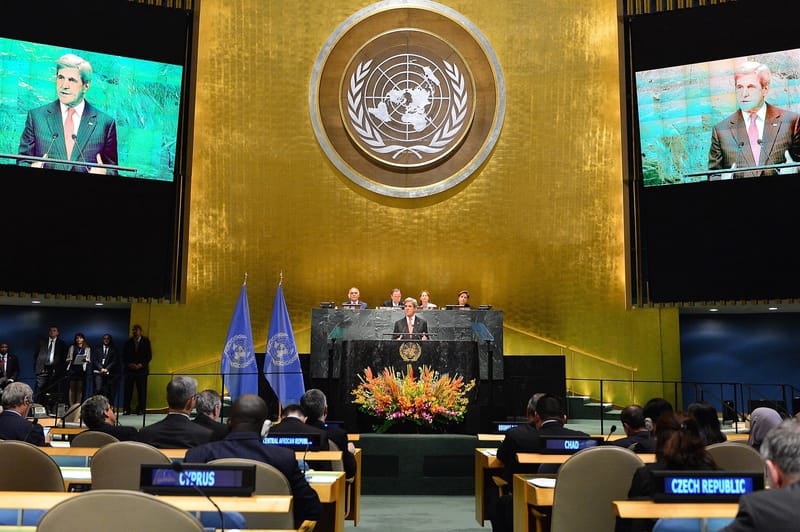
Young people are beginning to lose hope. We’re living in the climate crisis we thought we wouldn’t yet have to face.
I have faith that many young people won’t stop fighting for climate action, but I have a fear that many others are beginning to feel demoralised, and may eventually feel like there’s no point fighting against climate change.
But I believe greater action on climate change at COP27 this year has the potential to reignite youth passion for climate action and provide hope for our generation – a generation that feels like we’re fighting an uphill battle for our survival.
As a Monash Global Studies graduate and a Master of International Relations student, I’ve learnt that my position as a student is one of privilege. And this year, as a COP27 delegate, I plan to represent the youth in our region who haven’t been afforded the same privilege, and help platform the voices of those living at the forefront of climate change.
I’m the SDSN Youth Australia, New Zealand and Pacific coordinator, and the founder of the Sustainable Universities Network and the Monash Association of Sustainability.
It’s always been my mission to ensure a planet where marginalised voices are amplified to encourage sustainable development. This article is no different, as I want to show you what young people across the Asia-Pacific are saying they want to achieve this year at COP27.
Listen to marginalised voices
In collaboration with my SDSN Youth colleagues from the Asia-Pacific, we brought together more than 60 young people from our region to prioritise our demands for COP27.
The utmost priority of youth from the region was the centring of marginalised voices.
Young people are increasingly recognising that marginalised voices are important. We understand that youth, women, refugees and people from developing countries are experiencing climate change most intensely.
These marginalised people have crucial, indigenous knowledge of climate change – yet their voices are often unheard.
Young people want the world to be paying particular attention to these marginalised voices at COP27 to ensure those who experience climate change every day are the people who are listened to.
Climate education
Another theme that arose in the position statement workshop was climate education for all. Young people see climate education as the key to greater global action on climate change. Making sure this education is accessible to all is very important to us.
This is very similar to the demands made by women in Afghanistan. As explored in the “Afghan women at the forefront of climate change” project (supported by Monash Gender Peace and Security), the people of Afghanistan are experiencing climate change now.
They’ve had devastating droughts, floods, and freezing winters. This has exacerbated the humanitarian crisis the country is facing.
Yet these women tell us that they haven’t been prepared for climate change-induced disasters. They tell us that the people in their towns and cities didn’t know what to do when floods hit, and many died because of a lack of education.
Clearly, education during the climate crisis is a matter of life and death. Young people want greater commitment to help educate those who create climate policies, but also those living the consequences of climate change.
Strength in numbers
Young people have an amazing ability to find each other. And all the youth delegates going to COP27 have been exceptional at mobilising.
Particularly in the Asia-Pacific, we’ve created our own informal delegation. We’ve been meeting weekly to plan how we’ll synergise our efforts to make the most impact at COP27.
In these meetings, without fail, we end up talking very cynically about climate change mitigation. We’re all exhausted, frustrated, and genuinely very scared that the international community won’t be able to slow the climate crisis.
We want action now. We want more ambitious global targets, and we want the world to listen to us. We see some progress but, overwhelmingly, we see large-scale green-washing (and even “youth-washing”), and that scares us.
This COP27, I won’t be surprised if we see youth galvanise once again and mirror what youth have been saying for years – the climate action the world has attempted is not enough.





